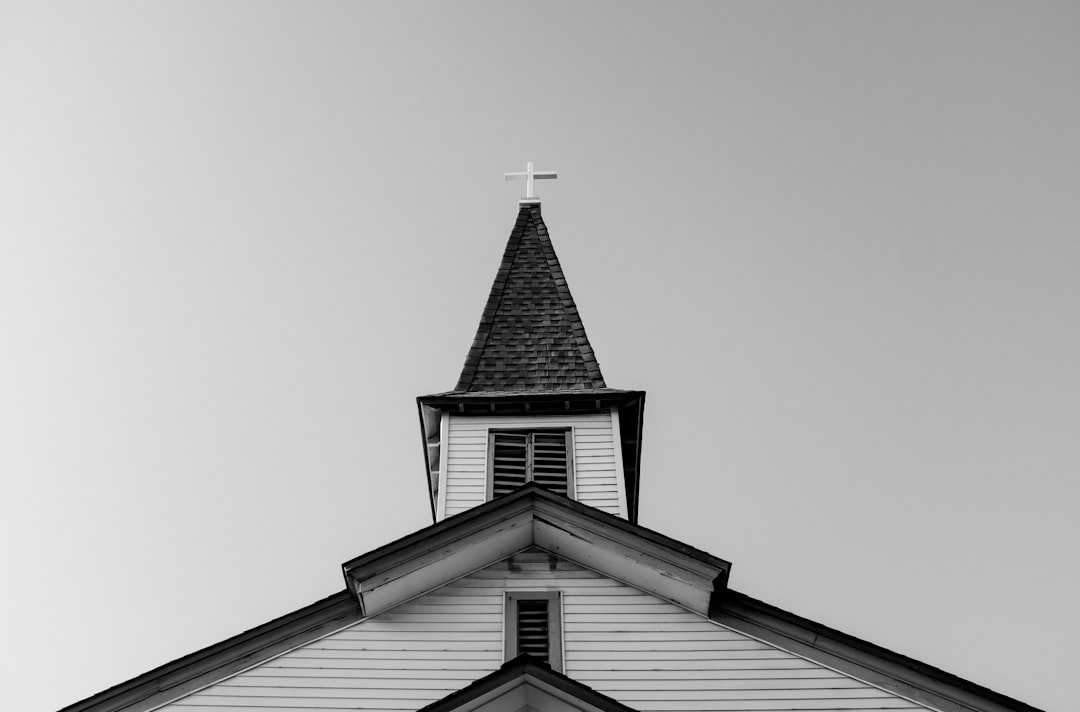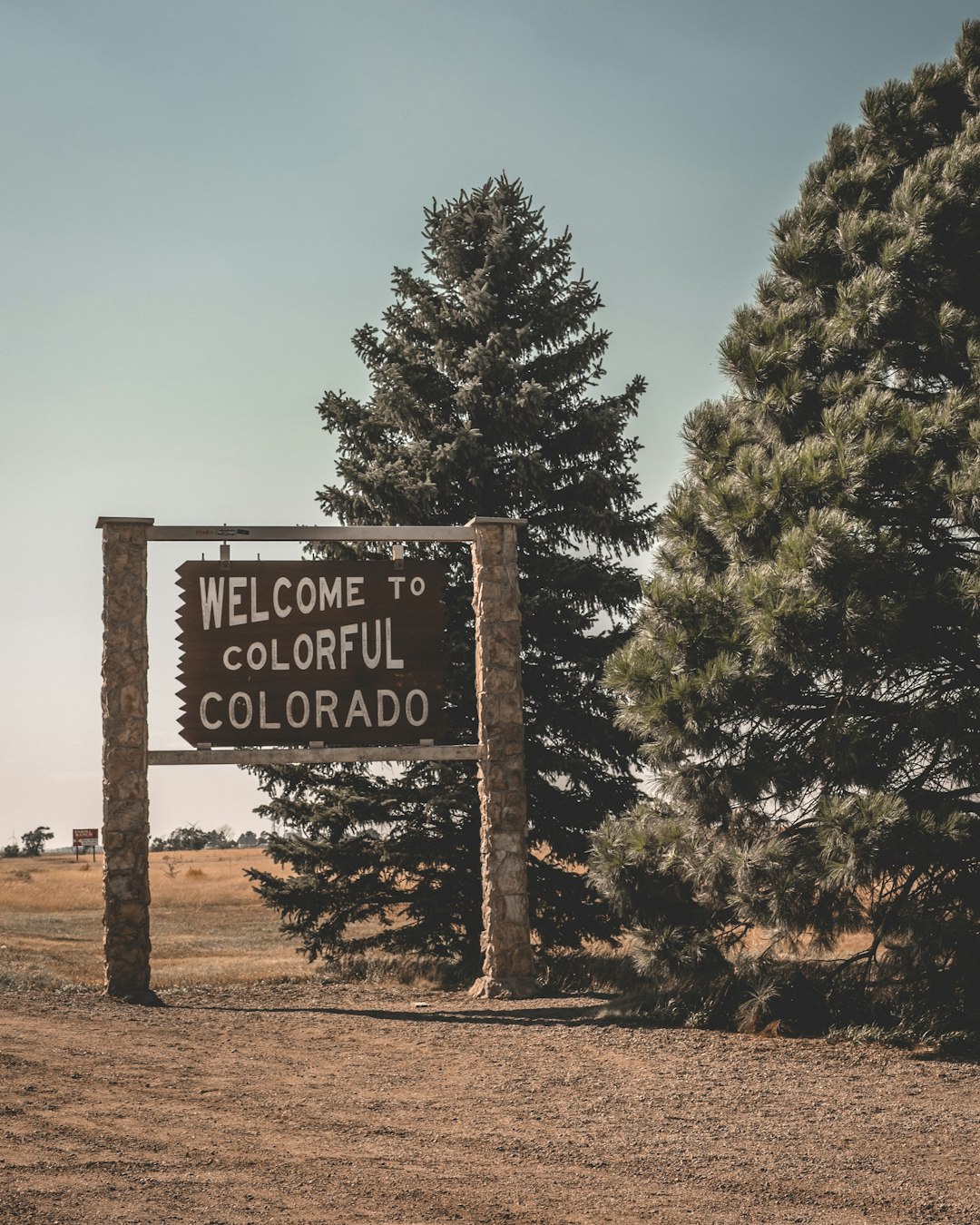Clergy abuse is a serious issue within religious organizations, with victims in Colorado benefiting from a robust legal framework. Recognizing patterns like manipulation and coercion is key for coming forward. Experienced clergy abuse attorneys Colorado help survivors navigate complex cases, offering guidance on compensation through civil lawsuits against clerics, organizations, or both. Choosing the right attorney is crucial; look for firms specializing in this area with a proven track record and personal approach. These lawyers support victims through emotional experiences, securing settlements that acknowledge harm and offer justice. Starting with a consultation builds a foundation for healing and pursuing legal rights, ensuring survivors' voices are heard.
In Colorado, addressing clergy abuse is crucial for healing communities. This comprehensive guide explores the intricacies of clerical abuse cases, empowering survivors with knowledge. We delve into recognizing patterns and red flags, understanding the legal framework specific to Colorado, and selecting the right clergy abuse attorneys for justice. Learn key considerations when navigating compensation, settlement negotiations, and available resources for ongoing support. Discover your options and take steps towards healing by consulting clergy abuse attorneys in Colorado today.
Understanding Clergy Abuse: Recognizing Patterns and Red Flags

Many people may not realize that clergy abuse is a significant issue within religious institutions. It’s essential to understand the patterns and red flags associated with this type of abuse to identify and address it effectively. Clergy abuse attorneys in Colorado have seen cases involving emotional, physical, or sexual misconduct by religious leaders towards their congregation. This can manifest in various ways, such as manipulative behavior, coercion, or inappropriate relationships.
Recognizing these patterns is crucial for victims to seek help. Red flags might include sudden changes in behavior from the clergy member, secretive interactions with specific individuals, or a history of similar allegations. If you or someone you know has experienced abuse by a Colorado clergy member, it’s essential to reach out to clergy abuse attorneys who can provide guidance and support through legal and emotional processes.
The Legal Framework for Clerical Abuse Cases in Colorado

In Colorado, cases involving clerical abuse are governed by a robust legal framework designed to protect victims and ensure justice. The state has specific laws in place that address sexual misconduct by religious leaders, providing clear guidelines on what constitutes abuse and the rights of those affected. Victims of clergy abuse can seek compensation through civil lawsuits, aided by experienced clergy abuse attorneys Colorado. These legal professionals are well-versed in navigating complex cases, understanding the unique challenges that arise when holding religious institutions accountable.
Colorado’s laws offer several avenues for victims to pursue justice. This includes filing a lawsuit against the offending cleric, the religious organization they represent, or both, for damages resulting from the abuse. Clergy abuse attorneys Colorado play a crucial role in guiding clients through this process, ensuring their rights are protected and that they receive fair compensation for the trauma they have endured.
Choosing the Right Clergy Abuse Attorneys in Colorado: Key Considerations

Choosing the right clergy abuse attorneys in Colorado is a crucial step for victims seeking justice and healing. It’s essential to consider several key factors when selecting legal representation. First, ensure the law firm has extensive experience handling clergy abuse cases, with a proven track record of successful outcomes. Look for attorneys who specialize in this area, as they will have the deep knowledge and understanding needed to navigate complex legal issues surrounding these sensitive matters.
Additionally, consider the personal approach and empathy that each attorney brings to the table. The best clergy abuse attorneys in Colorado understand the emotional toll victims face and provide compassionate support throughout the legal process. Effective communication and transparency are also vital; choose lawyers who keep you informed, answer your questions promptly, and listen attentively to your concerns.
Navigating Compensation and Settlement Negotiations

Navigating compensation and settlement negotiations can be a complex process for survivors of clergy abuse in Colorado. It’s crucial to seek assistance from experienced clergy abuse attorneys who specialize in these cases. These legal professionals understand the emotional toll such experiences take on victims and are equipped to guide them through every step, ensuring their rights are protected.
In Colorado, clergy abuse attorneys work closely with clients to determine fair compensation for the harm suffered. This includes not only financial restitution but also support for ongoing therapy and counseling needs. Through skilled negotiation or litigation, they strive to secure settlements that acknowledge the severity of the abuse and provide a sense of justice for survivors.
Supporting Survivors: Resources and Next Steps After Consulting a Lawyer

After consulting with a skilled and experienced Colorado clergy abuse attorney, survivors can feel empowered to take the next steps in their journey towards healing. The initial consultation provides an opportunity to share one’s story, understand legal options, and begin building a case. It is crucial to remember that there are various resources available to support individuals who have endured clergy abuse. Many organizations offer counseling services, support groups, and advocacy programs tailored to help survivors process trauma, rebuild their lives, and seek justice.
These resources can provide guidance on the legal process, connect survivors with other victims, and offer emotional support. With the assistance of a dedicated attorney and access to these supportive networks, survivors can navigate the complexities of pursuing compensation for the harm they have suffered. This might include financial settlements or other forms of redress, ensuring that justice is served and the survivor’s voice is heard in the face of clergy abuse.






